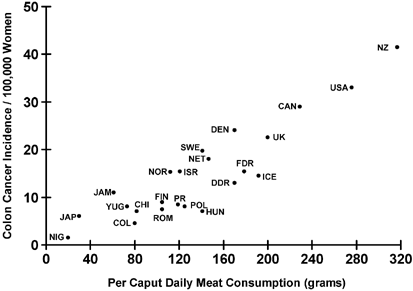audreyh1
Give me a museum and I'll fill it. (Picasso) Give me a forum ...
Don't eat those baked potatoes!!I have a rack of ribs smoking all day, should be done in about an hour. I put a couple of baking potatoes in there about a half hour ago, and DW just got some corn bread ready to pop into the oven.
In any event, I tune out all these health scares and just live with "all things in moderation." I think the reduced stress about what you are putting into your bodies has to offset some of the "badness" of some of what you are eating.



 but I know a lot of people were concerned about this recent study purporting to show the dangers of eating read meat because of the carnitine it contains.
but I know a lot of people were concerned about this recent study purporting to show the dangers of eating read meat because of the carnitine it contains.